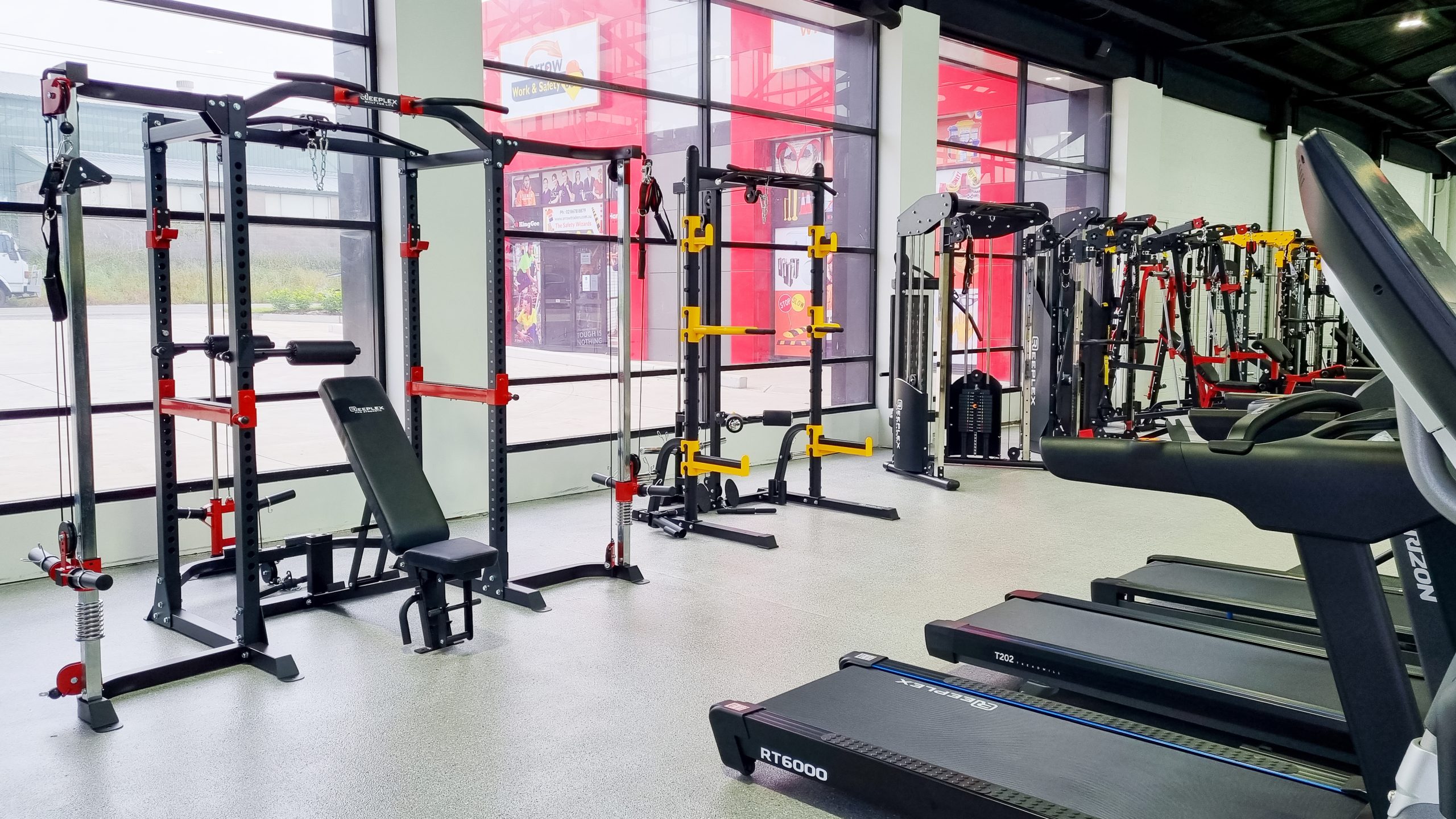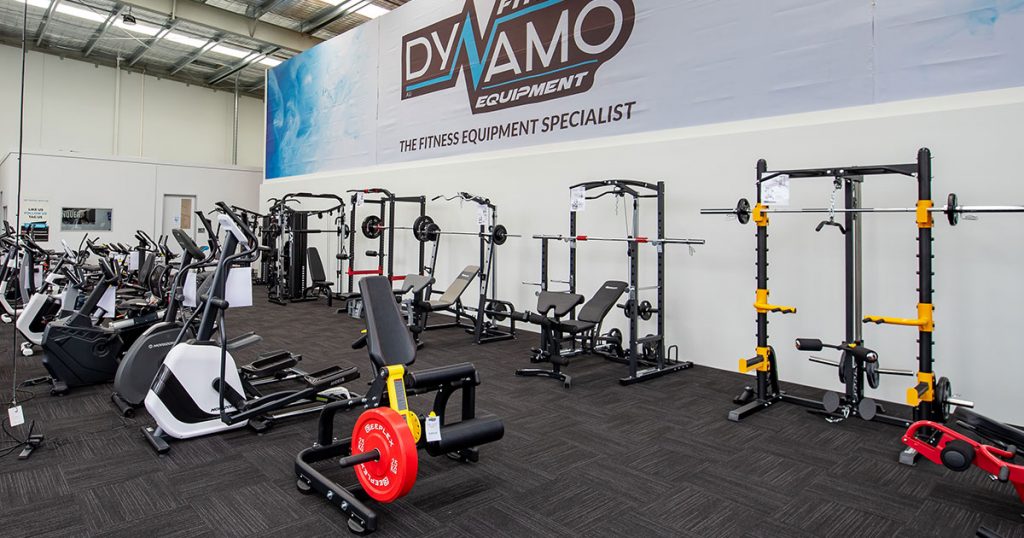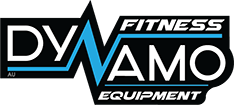
Choose a Gym Rack That Meets Your Space and Fitness Goals
Looking to optimize your home gym setup? Selecting the right gym rack is key to achieving your fitness goals. Whether you’re aiming for strength gains or maximizing space efficiency, choosing a suitable gym rack tailored to your needs is crucial. With various options available in the market today, understanding how to pick one that fits both your space and workout objectives can be overwhelming. In this guide, we’ll break down essential factors to consider when selecting a gym rack that aligns with your space constraints and fitness aspirations.
Understanding Different Types of Gym Racks
Power Racks
Power racks, squat racks, and half racks are the main types of gym racks. Among them, power racks stand out for their versatility. They allow you to perform various exercises like squats, bench presses, and pull-ups all in one unit.
Power racks provide safety features such as adjustable safety pins that catch the barbell if you fail a lift. This makes them ideal for heavy lifting and solo workouts. They often come with attachments like dip bars or lat pulldown systems to enhance your workout variety.
-
Versatile for multiple exercises
-
Safety features included
Squat Racks
Squat racks are more compact than power racks and are better suited for smaller spaces or home gyms. While they may lack some of the additional features found in power racks, squat racks still offer stability and support for essential lifts like squats.
Unlike power racks which have four vertical posts surrounding you during lifts, squat rack designs typically include two upright posts at the front where you can rest the barbell between sets.
Factors to Consider When Selecting a Power Rack
Weight Capacity
When choosing a gym rack, the weight capacity is crucial. Ensure it can handle the maximum weight you plan to lift. Exceeding this limit may compromise safety and stability during workouts. For example, if you are lifting heavy weights as part of your strength training routine, selecting a power rack with a high weight capacity is essential.
Consider the type of exercises you will perform on the power rack when assessing its weight capacity. Squats and bench presses typically require different levels of support. It’s important to choose a rack that can accommodate your specific workout needs without any risk of structural failure.
Safety Features and Additional Options
Look for power racks with adjustable safety bars and J-hooks for added convenience and protection during exercises. These features allow you to set the equipment at an appropriate height based on your body size and range of motion, reducing the risk of injury while lifting weights safely.
Consider whether the power rack offers extra features such as band pegs or plate storage options. Band pegs can enhance resistance training by accommodating resistance bands for various exercises, while plate storage helps keep your workout space organized by providing designated areas to store weight plates securely.
Read Also: Multifaceted Benefits of Gym Racks to Improve Your Training
Determining the Ideal Size for Your Space
Measure Space and Ceiling Height
Before buying a gym rack, measure your floor space to ensure it fits. Consider ceiling height for overhead exercises. Opt for compact racks if space is limited.
Consider the available space in your home or gym before purchasing a gym rack. Ensure there is enough clearance for exercises like overhead presses by checking the ceiling height. If you have limited space, choose a compact or folding gym rack to maximize your workout area.
Compact or Folding Options
Pros:
-
Saves space in small areas
-
Easy to store when not in use
Cons:
-
Might have a lower weight capacity compared to larger racks
When selecting a gym rack, keep in mind that compact or folding options can be beneficial if you are working with limited floor space. These racks provide versatility while being easy to store away when not in use.
Tailoring Your Gym Rack to Fit Your Training Style

Accommodating Specific Exercises
When selecting a gym rack that fits your space and goals, it’s crucial to consider your training style. Determine your training goals first; this will help you choose a gym rack that accommodates the specific exercises you plan to perform. For instance, if you focus on strength training with free weights, ensure the rack is suitable for movements like squats, bench presses, or overhead presses.
-
Choose a gym rack based on your specific training goals
-
Ensure the rack supports exercises essential to your routine
Enhancing Training with Accessories
Look for attachments and accessories that align with your preferred training style. These can enhance your workouts and provide versatility in your routines. Attachments such as dip bars or landmine attachments can add variety to your exercises and target different muscle groups effectively.
-
Consider accessories like dip bars or landmine attachments
-
Enhance workout variety by adding compatible accessories
Multi-functional Versatility
Consider whether you need a multi-functional gym rack that offers versatility for various exercises beyond basic strength training routines. A versatile rack allows you to perform different movements efficiently without needing multiple machines or equipment pieces cluttering up your home gym space.
Read Also: Choosing the Right Gym Rack for Your Space & Workout Needs
Exploring Space-Saving and Folding Gym Rack Options
Ideal for Limited Spaces
Folding gym racks are perfect for garage gyms or small apartments. They can be easily stored away, making them ideal for those with limited space. When not in use, simply fold the rack up against the wall or tuck it into a corner.
Pros:
-
Saves space
-
Easy to store
Cons:
-
May have weight limitations
Wall-Mounted Functionality
Consider wall-mounted gym racks if you’re short on floor space but still want stability and functionality. These racks attach securely to the wall, providing a sturdy base for your workouts while freeing up valuable floor space.
Key Information:
-
Stability is crucial.
Examples:
-
Check the wall’s strength before installation.
-
Ensure proper anchoring to avoid accidents.
-
Consider additional storage options like plate storage attachments.
Essential Attachments for Your Power Rack
Dip Bars
Dip bars are a must-have accessory for your power rack. They enable various upper body exercises, such as tricep dips and more. These bars add versatility to your workout routine, targeting different muscle groups effectively.
Having dip bars attached to your gym rack allows you to engage in challenging bodyweight exercises that enhance strength and endurance. They provide an opportunity to work on specific muscle areas like triceps, chest, and shoulders. With these attachments, you can take your fitness regimen to the next level.
Pros:
-
Versatile for upper body workouts
-
Enhances muscle strength and endurance
Cons:
-
May require additional space around the power rack
Landmine Attachments
Landmine attachments offer rotational exercises that are beneficial for core training. These accessories help diversify your workouts by introducing movements that engage multiple muscle groups simultaneously. By incorporating landmine attachments into your routine, you can improve stability and strengthen your core effectively.
Integrating landmine attachments with your power rack enables dynamic movements that challenge balance and coordination while enhancing overall functional fitness.
Pros:
-
Engages multiple muscle groups
-
Improves core strength
Benefits of Owning and Using a Squat Rack
Benefits of Squat Racks
Squat racks are essential for a well-rounded workout routine. They provide a secure foundation for squats, promoting proper form and reducing the risk of injury. Squat racks enable diverse strength-training exercises beyond just squats. For instance, you can perform bench presses, overhead presses, and pull-ups on a squat rack.
Owning a squat rack offers convenience by eliminating the need for a gym membership. This not only saves money in the long run but also cuts down on commuting time to and from the gym. With a squat rack at home, you have the freedom to work out whenever it suits your schedule best without any constraints.
Summary
You’ve now got the lowdown on gym racks – from types to sizes, training styles to attachments, and the benefits of a squat rack. Armed with this knowledge, you’re ready to pick the perfect gym rack that fits your space and goals like a glove. Remember, it’s not just about the size; it’s about how it complements your workout style and maximizes your gains. So, go ahead, assess your needs, measure your space, and select a gym rack that will be your workout buddy for years to come. Visit us at our fitness equipment Melbourne showroom to shop today.
